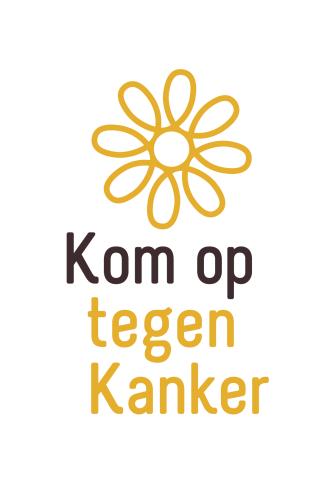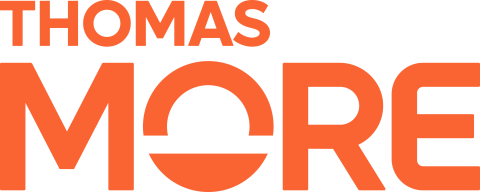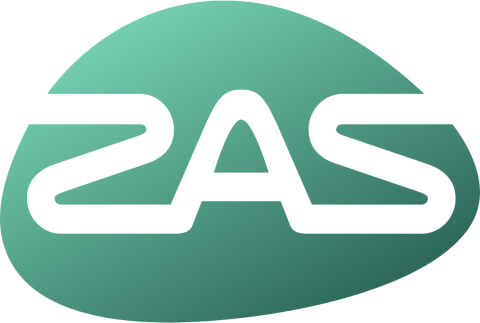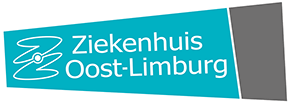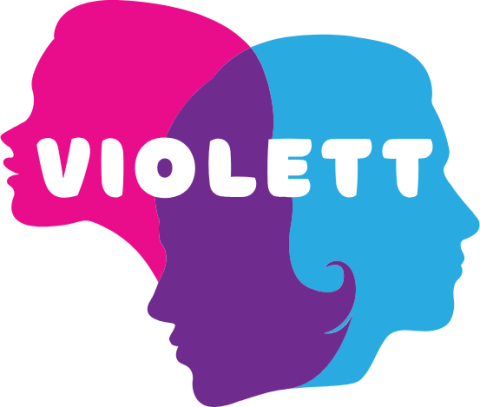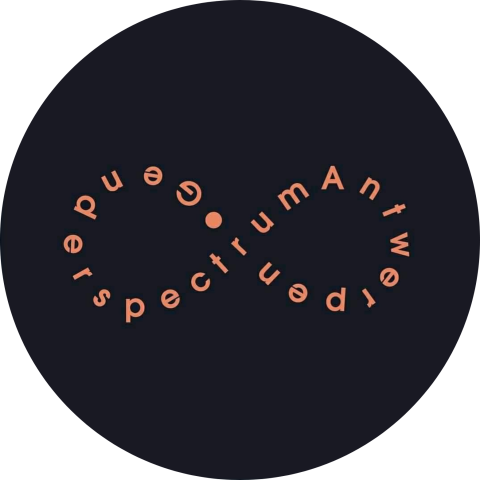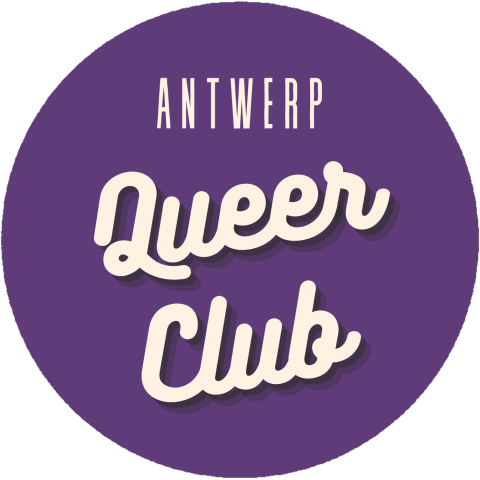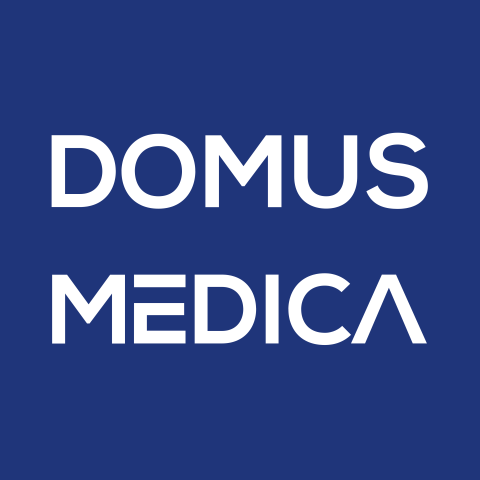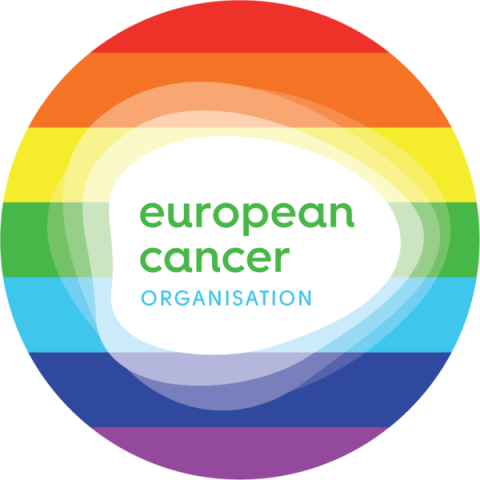Built around the voices of transgender, gender-diverse, and intersex people, this website was co-created with many diverse stakeholders, including researchers, healthcare professionals and advocacy groups. Its mission is to make cancer prevention clearer, more accessible, and inclusive.
In particular, we:
-
Support transgender, gender-diverse, and intersex people in making informed decisions about cancer screening and HPV vaccination. We help you explore your options and choose what best aligns with your needs and preferences.
-
Guide healthcare providers in understanding the specific health needs of gender-diverse individuals. The website also offers guidelines and additional resources to strengthen your knowledge and inclusive communication skills.
Why is this project necessary?
A visit to the doctor should be simple: you seek medical advice, and a trained healthcare provider ensures you receive the care you need. But for many transgender, gender-diverse and intersex people, healthcare experiences are often more complex. Instead of focusing solely on their health, they may find themselves needing to explain their bodies and needs, correct misinformation, or even justify their right to medical attention.
The same holds true for cancer prevention. Transgender and gender-diverse people frequently face limited access to clear, relevant information and appropriate services, making it more difficult to engage in preventive care with confidence.
- Breast cancer, one of the most common cancers in the region, can affect anyone with breast tissue, whether it was developed during puberty or following hormone treatment.
- Cervical cancer is a risk for anyone with a cervix, particularly those who haven't been vaccinated against the papilloma virus (HPV).
In Flanders, we have well-organized cancer screening programs designed to catch cancer early. However, only people who are legally registered as female receive invitations for breast and cervical cancer screenings. This approach excludes many transgender and gender-diverse people who still need these screenings. At the same time, some people who have undergone gender-affirming care may receive invitations that are not relevant for them, leading to confusion or emotional discomfort.
Access can also be limited by gaps in provider knowledge. Many healthcare professionals have not received adequate training in transgender health, which can make it challenging for patients to receive accurate information and appropriate recommendations. This is not a matter of individual neglect, but of systemic shortcomings in education and support.
The result is lower screening participation, delayed diagnoses, and poorer health outcomes. This is not merely an administrative issue, but a pressing public health concern that calls for inclusive, targeted solutions.
How do we approach this?
The lived experiences of transgender, gender-diverse and intersex people are at the very core of this project. Our approach combines research, collaboration, and practical tools.
To do this, we are:
- Collecting data through a large-scale survey
to better understand the experiences of transgender, gender-diverse and intersex people with access to cancer prevention in Flanders, on which reliable data is lacking.
If you are over 18, identify as transgender, gender diverse, or are intersex, and live in Flanders, we invite you to take part in the survey and share your experiences: TAKE THE SURVEY
- Conducting interviews and focus groups
with both transgender, gender-diverse and intersex individuals (experts by experience) and healthcare professionals, to gain deeper insights into personal experiences, perspectives, and barriers.
- Collaborating with a broad network of partners and community members to ensure that our findings are relevant, inclusive, and grounded in real-world needs.
Who is responsible for the project?
This project is led by Thomas More University of Applied Sciences and the University of Antwerp, and was funded by Kom op tegen Kanker (Stand up to Cancer).
Many partners are actively involved, including gender-affirming care clinics in Antwerp, Ghent, and Genk, Domus Medica, Violett, Çavaria, Genderspectrum, the Antwerp Queer Club and other community members, to ensure that our findings are relevant, inclusive, and grounded in real-world needs.

